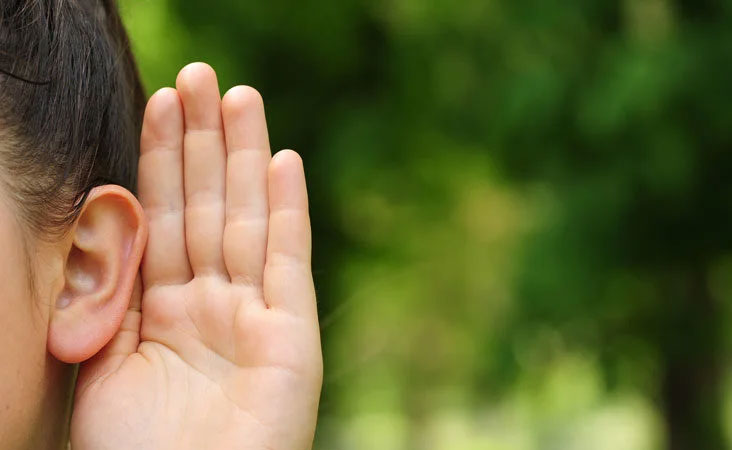The World Health Organisation, WHO, has said an estimated 135 million people in Africa are battling with ear and hearing problems as medical conditions, saying the number has been on the increase daily.
The WHO Regional Director for Africa, Dr Matshidiso Moeti, made this known in her message to mark the 2023 World Hearing Day with theme: ‘Ear and hearing care for all! Let’s make it a reality”.
Moeti said that at the current rate, it was likely that by the year 2050 about 338 million people would be affected by visual and hearing problems in Africa.
The World Hearing Day is held on March 3 each year to raise awareness on how to prevent deafness and hearing loss, and promote ear and hearing care across the world.
The regional director added that the day was an opportunity to raise awareness on the preventive measures as well as promote ear and hearing care worldwide.
She explained that it was a favourable day to reiterate the message on preventing and addressing common ear and hearing problems as nearly 30 billion dollars were being lost due to the collective failure to address the problem in the African Region.
According to her, more than 60 per cent of the common ear diseases and hearing loss can be detected and often managed at the primary level of medical care.
“We acknowledge recent efforts made by the relevant bodies towards addressing hearing and visual problems.
“The ongoing support to Kenya to establish a Centre of Excellence for Eye Health Clinic, Eye Health and Oral Health is a welcome step.
“Also, with our support, countries are developing and implementing national strategies for ear health,” she said.
According to her, in 2022, Kenya, Malawi, and Guinea launched and started to implement national ear and hearing care strategies.
She said that there was also a regional analysis on ear and hearing care, including country profiles for all Member States.
Moeti said that two modules on ear and hearing care management for primary health care workers were developed saying that it would integrated into the WHO PEN packages.
“Here are the most burning issues affecting patients: Many people with hearing loss do not know how and where to find help or do not have access to the needed services.
“This greatly impacts on the lives of those affected, their families, and their communities.
“Also, the excessive burden of these conditions is also due to the limited number of ear, nose and throat specialists and audiologists available in the countries
“In most places, access to ear and hearing care continues to be limited to highly specialized centers and clinics.
“Integrating ear and hearing care into primary care services is possible through training and capacity building to address the challenges.”
Globally, WHO added, an estimated 1.5 billion people live with hearing loss. The number could rise to over 2.5 billion by 2030.

